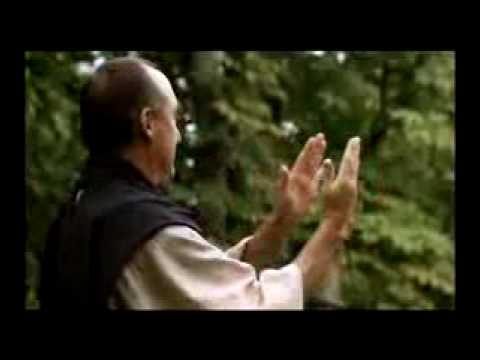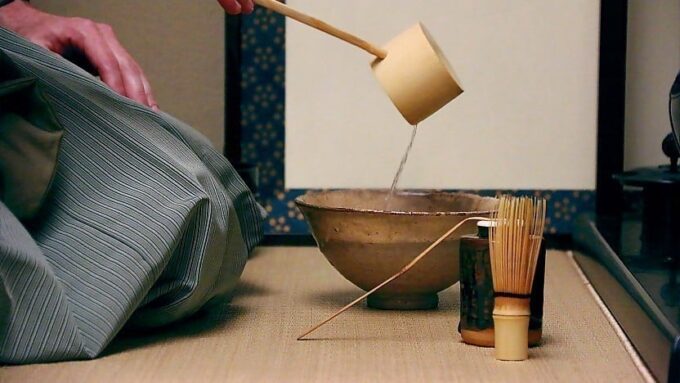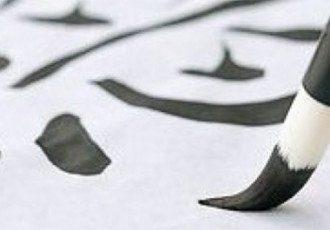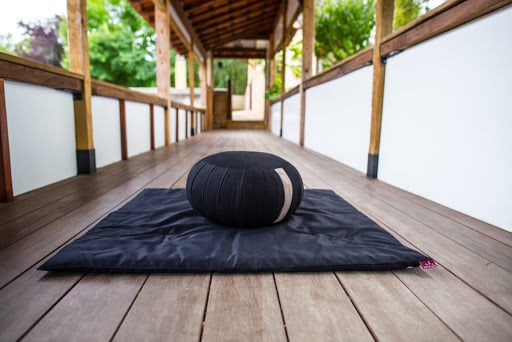Already in 1283, Master Dogen, the founder of the Soto Zen School, wrote a cookbook – a very practical manual of Instructions for the Zen Cook – in which he encourages his readers to discover Buddha in simple kitchen chores, like washing the rice or kneading dough. In drawing parallels between preparing meals for the Zen monastery and spiritual training, he reveals far more than simply the rules and manners of the Zen kitchen; he teaches us how to “cook,” or refine our lives.
In How to Cook Your Life Dörrie enlists the help of the charismatic Zen Master Edward Espe Brown to explain the guiding principles of Zen Buddhism as they apply to the preparation of food and life itself. How to Cook Your Life is a cheerful documentary about the art of cooking and the art of cooking your life without burning it, putting too much salt in, or overcooking it. It is a documentary about the life and philosophy of renowned chef, cookbook author, and Zen priest Edward Espe Brown, exploring how he melds his love of cooking with Zen teachings.
Edward Espe Brown is the subject of the movie. Brown is an ordained Zen priest who was Tenzo, or head cook, at the Tassajara Zen Mountain Center. Edward Brown was ordained to Zen priesthood by Suzuki Roshi. He teaches at the San Francisco Zen centers Tassajara, Green Bulch and City Center and holds meditation and cooking classes in the USA, Germany, Austria, Spain, and England. He also helped established the vegetarian oriented Greens Restaurant, also located in San Francisco. He is the author of several cookbooks, including The Tassajara Bread Book, The Greens Cookbook, Tomato Blessings and Radish Teachings. He edited Suzuki’s book Not Always So in 2002, after Suzuki’s death in 1971.
This documentary was created by German film maker Doris Dörrie. Doris Dörrie has been a well-respected director and writer for decades. She has worked mostly on German comedies and comedy-drama combinations. This was an ideal background for this documentary. She is as adept at combining the elements that make the film informative and humorous. In this case, her job was made a little easier by finding a noted cook book author who is also a practicing Buddhist priest, Edward Espe Brown.
During the summer of 2006 Doris Dörrie and her crew filmed Edward Brown at his cooking classes at the Buddhist center Scheibbs in Austria and the two Californian Buddhist centers, the Tassajara Zen Mountain Center and the Zen Center in San Francisco, where he teaches people of all generations. For Brown, every detail of food preparation – from selecting the ingredients to preparing them – is a reflection of a person’s life. The Zen master shows how small, present steps in regards to meal preparation can translate into broader more relevant changes in a person’s entire life. For Brown, Zen meditation and cooking are intimately related, with their emphasis on being present and paying close attention to what is happening. By giving 100 percent of ourselves while we are cooking, is a spiritual practice that goes against the grain of our present culture’s emphasis on multitasking. Brown challenges us to see the unitasking of cutting carrots, making bread, and stirring ingredients of a recipe.
Dörrie divides the film into fascinating thematic sections, which enable us to enjoy Brown’s teachings while riding along on her imaginative jaunts: free your hands, fiasco, cutting through the confusion, anger, affluence, no preferences-no aversions, incomparable, imperfection, and blemishes.
There are many magic moments in How to Cook Your Life. One pertains to a homeless woman who creates her own meals by scavenging fruit from trees and leftovers from grocery stores. Another comes when Brown breaks into tears while gazing at some battered teapots which convey the good news to him that he can go on despite his imperfections.
But it’s not all roses and meditation. In the movie, we watch Brown struggle to rip into a store-bought package of cheese, raging the entire time about why a company would choose to subject consumers to such awful packaging. We watch him try to contain his temper through breathing after almost exploding at a student to be quicker about adding an ingredient to a soup. He admits that in the kitchen some of his personal flaws have come to the surface: namely anger, impatience, and arrogance. This humanness makes Brown all the more relatable, as he comes across as one of us.
This wonderful collaboration of Brown and Dörrie results in a pleasant and edifying Zen experience. Doris Dörrie and the cooking Zen priest Edward Espe Brown demonstrate that eating is more than just the intake of food. Cooking is a festival of senses and an act of love and generosity. Edward Espe Brown says, quoting his Master, Sunryu Suzuki: “When you’re cooking you’re not just cooking, not just working on food, you are also working on yourself, on other people.”
In Japan’s Soto Zen tradition, cooking is more than just feeding the monks. It’s about close attention to detail. It’s about respect for the produce of the Earth. In the process, it is as much about preparing yourself as it is a meal. You won’t come away from this film with a handful of new recipes, but you might have a new respect for cooking and the practice of mindfulness.
Photo credit, trailer : netflixable
You can watch the movie: here




